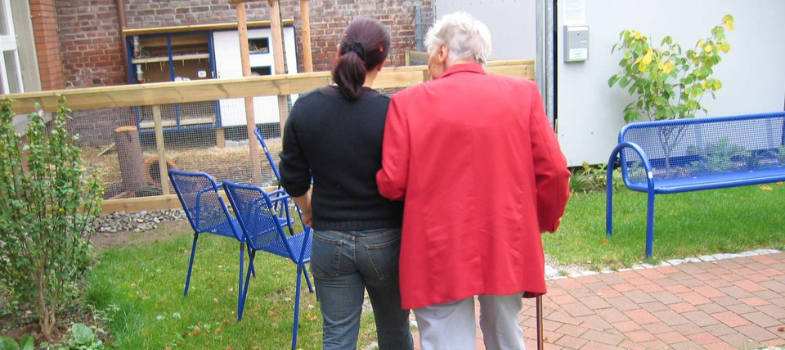Table 6 of 6
| Phase | Percentage of people with Parkinson’s in this phase | Average length in years | Character | Service considerations could include: |
|---|
| Diagnosis | 11% | 1.6 | Post diagnosis before symptoms have become significant | - Introduction to Parkinson’s nurse and relevant allied health professionals
- Liaison with social care team regarding such things as employment, benefits and carer’s assessment
- Self care programme – to encourage patient to take control
- Cognitive behaviour therapy or counselling – to build resilience
- Falls, bladder and bowel, mental health services as appropriate
|
| Maintenance | 40.4% | 5.9 | Symptoms significant but largely controlled by treatment | - Multidisciplinary health and social care input
- Medicines management
- Falls service
- Bladder and bowel service
- Mental health services
- Outpatient and inpatient service
- Ongoing cognitive behaviour therapy, self care and carer support
- Increasing primary and secondary care needs as becomes complex
- Deep brain stimulation for appropriate patients
|
| Complex (advanced) | 33.6% | 4.9 | Aim is optimal symptom control | As above |
| Palliative | 15.1% | 2.2 | Dignity and alleviation of distress | - Pain control
- High demand on GP/local services and/or residential care needs
- Mental health and social work services
- Independent living support and advanced care planning
- Carer support
|
Now return to the course. [Tip: hold Ctrl and click a link to open it in a new tab. (Hide tip)]
